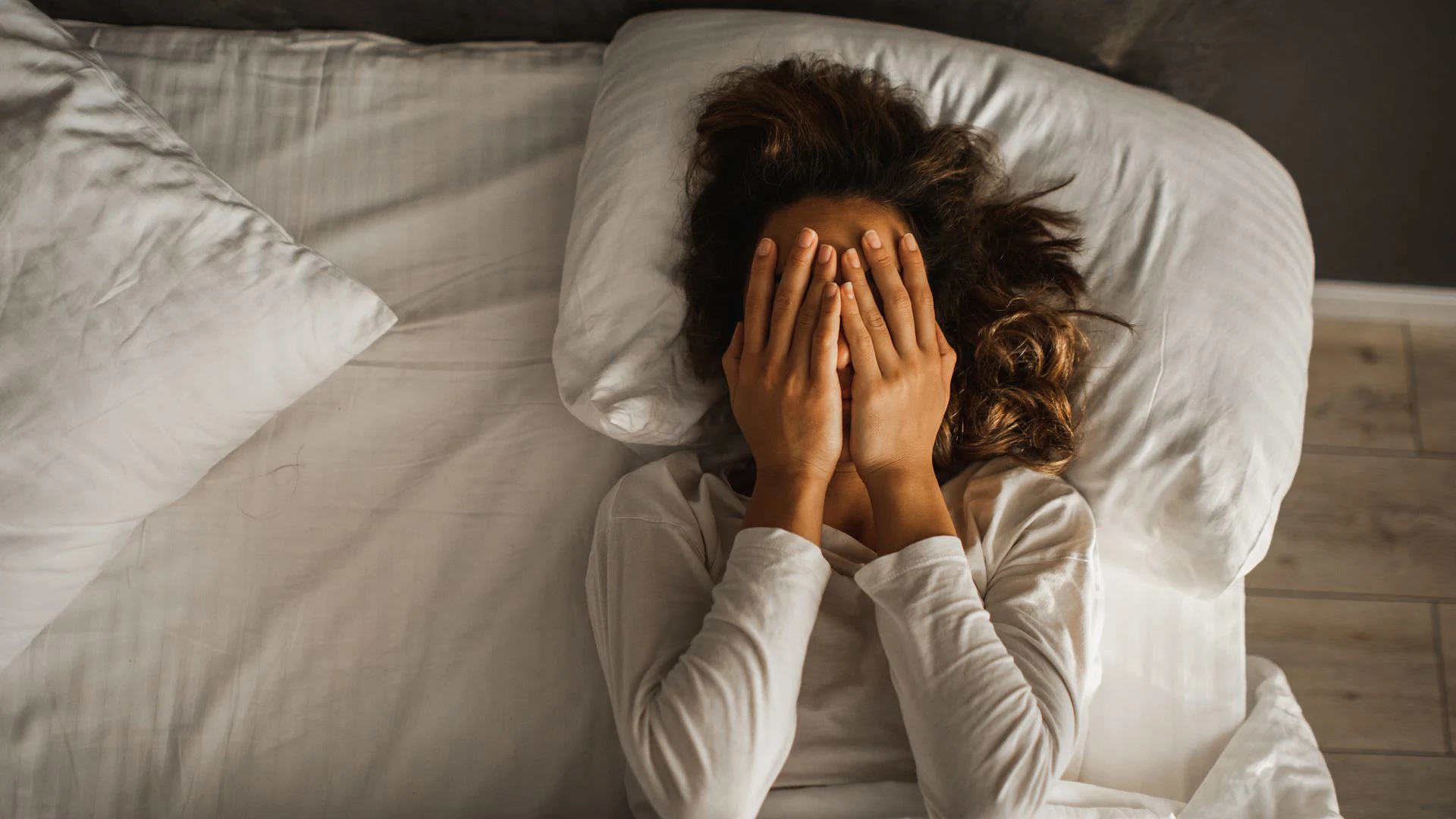Copyright hellomagazine

Sleep is one of the most important factors when it comes to our health. In addition to movement and what we eat, sleep is a powerful tool to ensure our physical and cognitive well-being is in good shape. We all know, therefore, how crucial it is to get a good night's sleep, and we also know how awful it feels when we don't. But it seems there's a gender gap in getting a decent night's sleep. Research outlined by Curely, an online pharmacy, found that women are significantly more likely to experience disturbed sleep than men. What's more, the Sleep Foundation states a similar point of view: "Women are also thought to be more vulnerable to health effects from poor sleep, such as mood disorders or heart problems. And while women don't universally require more sleep than men, certain issues specific to people born female can cause sleep problems and increase the risk of sleep disorders." Sleep Foundation also states that women are 40 per cent more likely to suffer from insomnia than men. So why is this the case? Experts say there are a few reasons… Stress load and cognitive burden Many of us, of all genders, know the feeling of getting into bed and struggling to switch our brain off. It can take hours for the racing thoughts to quieten. However, there's a theory that suggests that women are more likely to struggle to return to a peaceful slumber. Superintendent Pharmacist at Curely, Sobia Qasim, explains the science and psychology behind the 'sleep gap', and the results reveal a mix of lifestyle, biological, and social pressures that each affect women’s sleep in their own way. "From remembering key events at school to planning meals and managing work, women's brains often stay active even as they try to relax for the evening. This is known as 'cognitive arousal', as stress and responsibility replay in the mind during sleep. The main stress hormone, cortisol, also tends to increase more in women in response to emotional stressors, making it harder to fall back asleep once woken." Brain structure and circadian rhythms Sobia suggests that neurological differences are partly to blame for an imbalance of sleep quality between women and men. "Women's circadian cycles are slightly shorter than men’s, meaning they might feel sleepier earlier in the evening; however, they are also biologically primed to wake up earlier in the morning. Also, women spend more time in less deep and restorative slow-wave sleep." Audrey Wells, Sleep Medicine Physician, CPAP Expert and MD at Sleep Foundation, says: "Women often feel heavily burdened by social expectations and the responsibilities placed on them. These invisible burdens can weigh on a woman’s mind and interrupt sleep, because they generate emotions that are incompatible with sleep." Bladder sensitivity Sobia says that bladder sensitivity generally affects women more and they're more likely to wake in the night with a need to use the bathroom. "Hormonal changes, pregnancy, and childbirth all affect bladder function and pelvic floor strength, making it more likely for nighttime bathroom trips. The issue is that by the time women have woken up, it takes them a longer amount of time to get back into a deep sleep than men." Sharing a bed Because we know already that women are, generally, "lighter" sleepers than their male counterparts, women who share a bed with a male partner have a higher chance of being disturbed by the presence of someone else in their bed. "Women are significantly more likely than men to be woken up by their partner's snoring or movement." Pregnancy and postpartum Rachel Avery, HELLO!'s Homes Editor, gives her own personal take on this experience, particularly for women who are mothers. "I think my mother's instinct means my sleep is more disturbed as quite often it will be me who will hear our toddler stirring in the night. Then, thinking back to maternity leave, I chose to take on the lion's share of the wake-ups due to my partner having a full-time job, and I think this is probably a common occurrence in couples, causing an inequality." What can we do about it? Sleep Foundation lists some tips on getting a better night's sleep. Sweet dreams! Going to bed and waking up at the same time every day Keeping the bedroom cool, dark, and quiet Establishing a relaxing bedtime routine Avoiding naps, caffeine, tobacco, and alcohol in the late afternoon and evening Getting regular exercise



